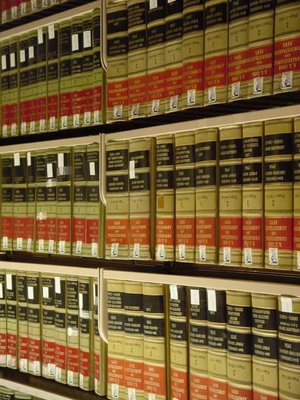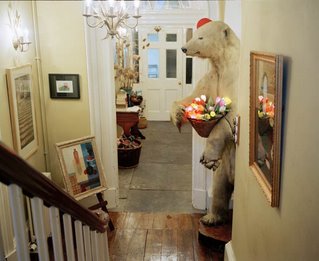Is America Afraid of Freedom?"In the landmark free-press 1971 'Pentagon Papers' case (New York Times Co. v. United States)—in which the Nixon administration demanded severe punishment for the New York Times's having published highly classified information on government conduct (and lies) in the course of the Vietnam War—Justice Hugo Black, writing in the majority, warned of government brandishing 'national security' to silence the press in time of war. 'The guarding of military and diplomatic secrets at the expense of informed representative government provides no real security for our Republic,' Black wrote. 'The Framers of the First Amendment, fully aware of both the need to defend a new nation and the abuses of the English and Colonial governments, sought to give this new society strength and security by providing that freedom of speech, press, religion, and assembly should not be abridged.'
But among the dissenters, Justice Harry Blackmun warned: 'The First Amendment . . . is only one part of an entire Constitution. Article II of the great document vests in the Executive Branch primary power over the conduct of foreign affairs and places in that branch the responsibility for the Nation's safety . . . I cannot subscribe to a doctrine of unlimited absolutism for the First Amendment . . .
'If damage has been done . . . and these newspapers continue to publish the critical documents and there results the death of soldiers [and] the prolongation of the war . . . then the Nation's people will know where the responsibility for these sad consequences rests.'
As George W. Bush continues to act, and believe, in the 'inherent power' of the commander-in-chief, the John Roberts Supreme Court will, in time, decide whether Hugo Black's understanding of the First Amendment prevails or whether Harry Blackmun, Alberto Gonzales, and Commander Bush speak for the nation as the press becomes strictly controlled for a long time to come..."

















